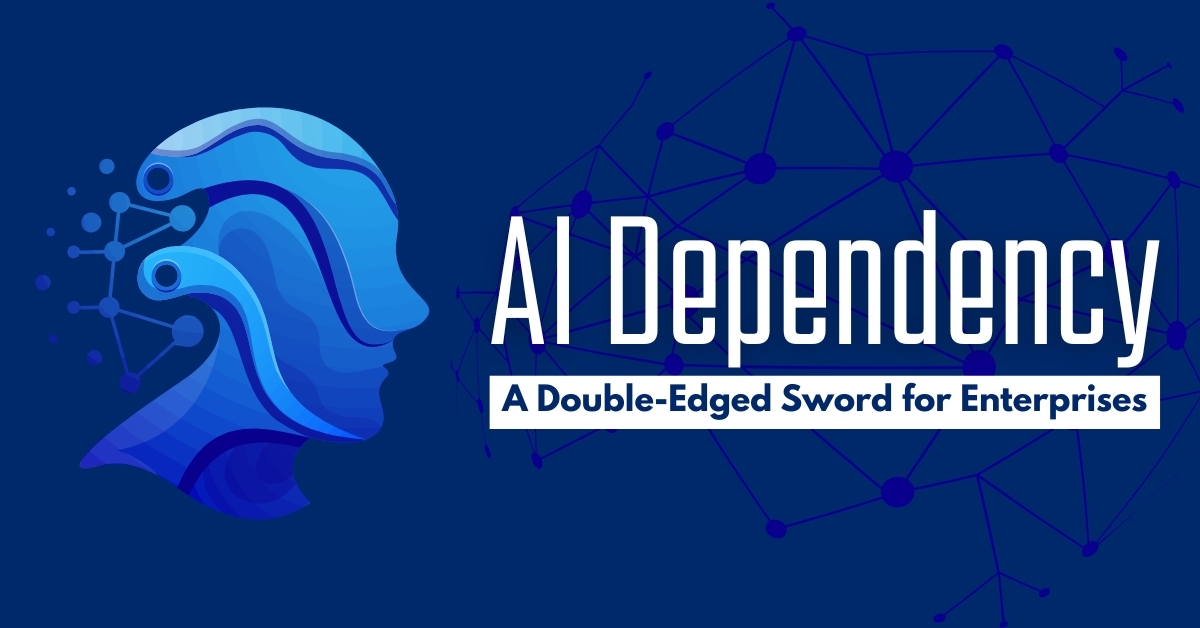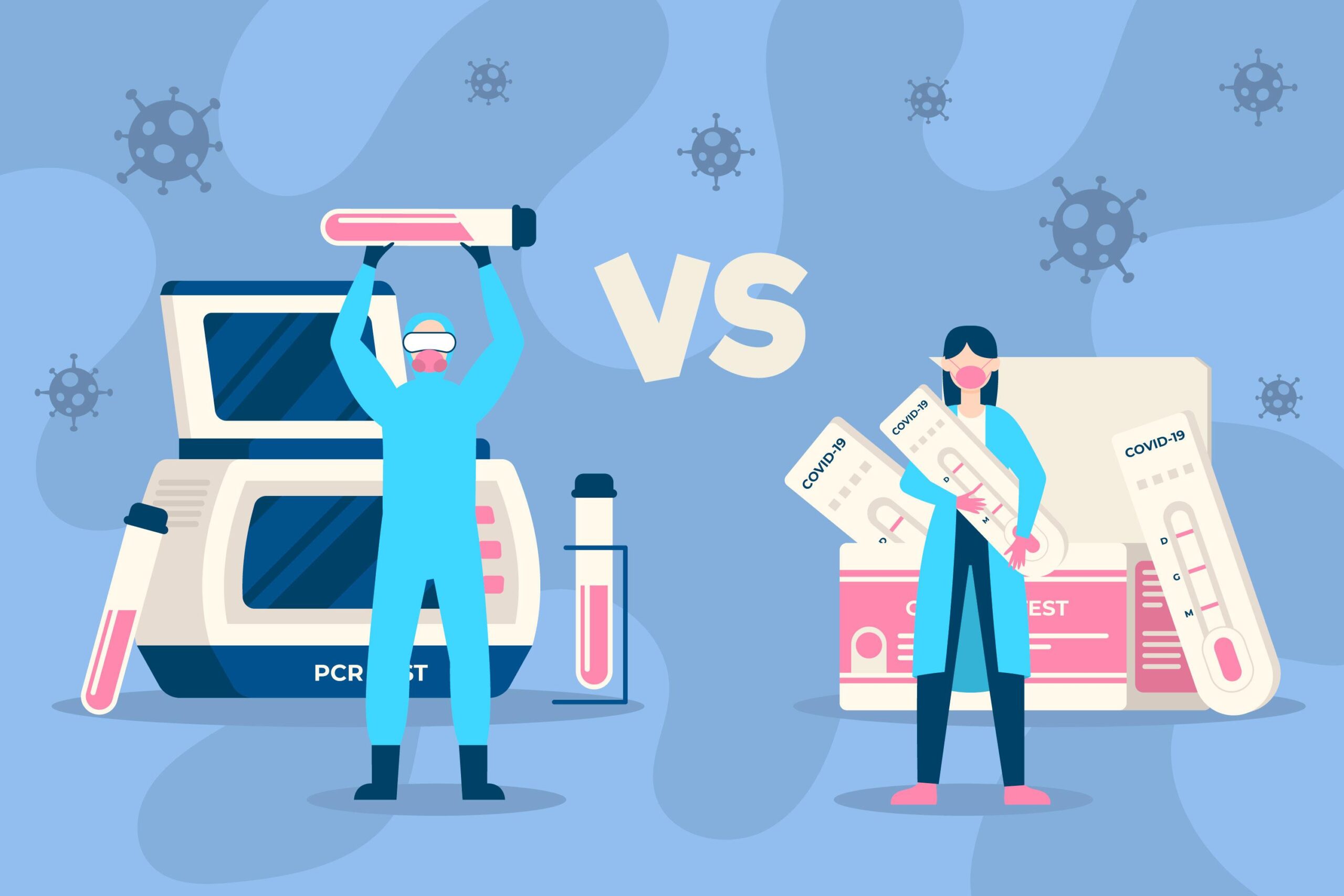From automating routine tasks to providing data-driven insights, AI offers numerous advantages that can enhance efficiency and productivity. Its ability to quickly process vast amounts of information allows businesses to make informed decisions and stay competitive in a rapidly evolving market.
However, while the benefits of AI are substantial, an excessive dependence on these systems can introduce unforeseen challenges. Relying too heavily on AI may lead to situations where human judgment is undervalued and critical thinking skills are diminished. This over-reliance can result in errors going unnoticed, especially when AI systems are not adequately monitored or their outputs are accepted without question.
Moreover, AI systems are only as good as the data they are trained on. If the underlying data is biased or incomplete, the AI’s decisions may reflect these shortcomings, potentially leading to unfair or suboptimal outcomes. Additionally, the complexity of AI algorithms can make it difficult to understand how certain decisions are made, reducing transparency and accountability within business processes.
Understanding these risks is essential for businesses aiming to integrate AI responsibly. By maintaining a balanced approach that combines the strengths of AI with human oversight, organizations can harness the full potential of AI while mitigating potential drawbacks.
Risks of Over-Reliance on AI in Business Operations
Integrating AI into business operations offers numerous advantages, such as increased efficiency and data-driven decision-making. However, an excessive dependence on AI can introduce challenges that may impact various aspects of an organization. Understanding these potential risks is essential for maintaining a balanced approach to technology adoption.
Loss of Human Judgment and Intuition
Over-reliance on AI can lead to a decline in human decision-making skills. When AI systems handle most tasks, employees may become less engaged in critical thinking and problem-solving. This shift can result in a workforce that is less adaptable and less capable of handling situations that require human insight.
For instance, in industries where AI is used for data analysis, professionals might begin to accept AI-generated insights without question. This acceptance can lead to missed opportunities or overlooked errors that a human perspective could have identified. Maintaining human involvement in decision-making processes ensures that AI serves as a tool to enhance, rather than replace, human judgment.
Automation Bias: Trusting AI Without Verification
Automation bias occurs when individuals place undue trust in AI outputs, often accepting recommendations without sufficient scrutiny. This bias can lead to errors, especially if the AI system’s suggestions are flawed or based on incomplete data.
In business settings, automation bias might manifest in scenarios where AI tools are used for hiring decisions or financial forecasting. If the AI system has inherent biases or inaccuracies, relying solely on its outputs can result in suboptimal outcomes. Encouraging a culture of verification and critical evaluation of AI-generated information helps mitigate the risks associated with automation bias.
Compounding Errors in Automated Workflows
AI systems often work through a series of steps, each building on the results of the previous one. If an early step contains a mistake, that error can carry forward and affect the entire process. In some cases, the issue may grow with each step, leading to significant operational failures.
For example, an AI tool used for inventory forecasting might make a small error in demand prediction. If this data feeds into purchasing decisions, it could lead to either overstocking or shortages. Since the process is automated, these outcomes may not be caught until they create larger problems. Regular reviews and human checkpoints within automated systems can help reduce the impact of such cascading issues.
Poor Handling of Unpredictable or Emotional Scenarios
AI systems are designed to operate within patterns and rules. While they perform well in structured tasks, they may struggle when faced with unexpected situations or emotional nuances. In business operations, this limitation can result in inappropriate or ineffective responses.
Customer service is one area where this is especially noticeable. An AI chatbot might provide generic answers to complex issues or fail to recognize when a customer is frustrated. These moments call for human empathy and flexibility, which AI cannot fully replicate. Including human support in areas that require judgment or emotion helps maintain the quality of service and decision-making.
Dependence on Data: When Bad Input Leads to Bad Output
AI systems rely heavily on data to make decisions. If the data used to train or feed these systems is flawed, outdated, or biased, the results will reflect those same problems. This can lead to actions that do not align with business goals or customer needs.
For instance, if an AI model uses biased data to evaluate job applicants, it may unfairly filter out qualified candidates. Similarly, inaccurate customer data can result in poor personalization efforts. These errors not only affect outcomes but can also damage a company’s reputation. Ensuring data quality and regularly reviewing AI inputs is key to avoiding these risks.
Legal Accountability and Compliance Risks
When AI tools make decisions that affect people, businesses must consider the legal and regulatory implications. If an automated system causes harm or violates a regulation, it can be difficult to determine who is responsible. This uncertainty can lead to legal challenges and fines.
In sectors like finance or healthcare, where compliance is strictly enforced, AI decisions must follow clear rules. A lack of transparency in how an AI reaches its conclusions can raise questions about fairness and legality. To reduce these risks, businesses need to build AI systems with clear guidelines, regular audits, and human oversight in sensitive areas.
Ethical Failures and Brand Reputation Damage
AI decisions can sometimes lead to ethical concerns, especially when they affect people unfairly. If a system makes choices that seem biased or insensitive, it can harm a business’s public image. Even if the action was not intentional, the impact can be serious.
For example, an AI tool used in customer service may treat certain groups unfairly based on skewed data. If customers feel mistreated or discriminated against, it may result in backlash and loss of trust. Businesses that rely too much on AI without proper oversight may face criticism. Regular ethical reviews and including diverse perspectives during AI training can help prevent such issues.
Cybersecurity Threats Linked to AI Integration
AI Integration often requires access to large volumes of data and is deeply connected to other business tools. This connectivity can create new security risks. If these systems are not well-protected, they can become targets for cyberattacks.
Hackers may attempt to manipulate AI behavior by feeding it false data or exploiting system vulnerabilities. In some cases, breaches in AI platforms can expose sensitive business or customer information. To address these threats, businesses must invest in strong security measures and regularly update their AI systems to guard against new risks.
Reduced Business Agility and Resilience
Heavy dependence on AI can limit a business’s ability to adapt quickly when situations change. If systems are too automated, even small disruptions can cause delays or confusion. This reliance may reduce flexibility in decision-making and slow down the response to unexpected challenges.
For example, during a sudden market shift, an AI model trained on past patterns might continue to make outdated suggestions. Without human review, the business may miss early warning signs and struggle to pivot in time. Keeping human involvement in strategic areas helps businesses remain agile and better prepared for change.
Conclusion
AI continues to shape the future of business by offering faster decisions and automated processes. However, the risks of over-reliance cannot be ignored. When businesses depend too much on AI, they may lose sight of human strengths that are critical for long-term success. These include judgment, adaptability, and the ability to navigate uncertainty.
By understanding where AI excels and where it may fall short, businesses can build systems that are not only efficient but also resilient. This balanced approach protects operational integrity and helps maintain trust among customers, employees, and stakeholders.
Learning from industry insights and reviewing how the top AI development companies address these concerns can offer valuable direction. Their frameworks often highlight the importance of ethical use, strong oversight, and a clear understanding of AI’s role, not as a replacement, but as a support to strategic decision-making.
This perspective allows businesses to remain innovative while staying grounded in thoughtful, human-centered practices.






